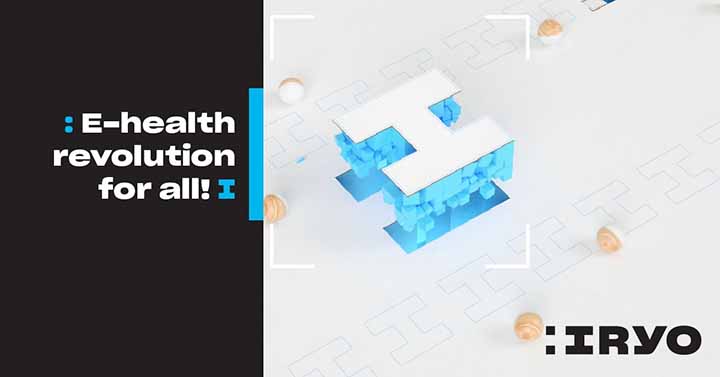Iryo is unleashing the value of medical data for the new decentralized healthcare economy.
Instead of opting to be powered by the Ethereum blockchain, Iryo has opted for the more advanced EOS, which brings with it many benefits. EOS is set to be the most powerful infrastructure for decentralized applications, supporting thousands of commercial-scale DApps while allowing for parallel execution, asynchronous communication. When deployed this summer, EOS will be by far the most flexible and usable platform and the Iryo Network will be one of the first to take advantage of their new framework.
Additionally, the Iryo team will be looking towards NuCypher, to enable proxy re-encryption for their distributed healthcare network. Proxy re-encryption will ensure the secure transfer of sensitive medical data between subjects of trust.
The Problems Plaguing Today’s Medical Industry
As it stands right now, there are a variety of problems in the medical industry – all of which the Iryo Network will aim to solve.
For patients, institutional data ownership limits access to personal medical records, while medical data is fragmented across a variety of incompatible systems, severely limiting interoperability. Patients’ medical data is also unsecured, with low-level security affording unauthorized parties the ability to access and exploit personal medical data.
For medical professionals, redundant medical systems force staff to enter similar data across multiple systems, making patient record keeping extremely inefficient. Outdated user platforms increase wait times for treatment and disrupt medical workflows, while a lack of IT support leads to incorrect decisions and inefficiency.
Researchers are also limited by vendor-specific medical data which hinders effective AI and big data analysis, while fragmented data inhibits the ability to accurately target specific populations. Data gathering becomes an extremely cumbersome process, unnecessarily raising the costs of research expenditures.
Finally, hospitals and clinics are locked into inefficient, vendor-specific IT ecosystems, many of which are outdated and disrupt workflows while increasing managerial overhead. Worse yet, data is stored locally and is thus subject to cyber attacks.

Iryo in Action
In January 2018, Iryo launched a partnership with the Walk With Me organization to provide the IT infrastructure needed to improve the quality of healthcare for those living in refugee camps.
Initial deployment of the Iryo system has begun throughout the Beqaa Valley of Lebanon, and will soon be deployed in parts of Syria, Jordan, Iraq, Egypt, and Djibouti.
Iryo affords refugees the ability to store health data on their mobile phones, meaning their medical history is always with them, no matter where they go. This ensures easier and better access to quality healthcare and thus improving quality of life.
Iryo aims to expand globally via an Initial Coin Offering (ICO). The ICO will be held in three stages – two Pre-Sale Windows and a General Crowdsale. The total supply of IRYO tokens is 300 million, of which 80% will be made available for the crowdsale.
- Token Name: IRYO
- Soft Cap: $8.000.000 USD
- Hard Cap: $26.000.000 USD
- Price: +/- $0.11*
- Type: ERC-20
- Accepted: ETH & EOS
- Presale Window 1: March 28th–April 3rd
- Presale Window 2: April 4th–April 10th
- General Crowdsale: April 11th–April 17th
If you’d like to stay up to date on Iryo’s deployment on EOS and the project’s ICO, you can check out their telegram group (https://t.me/IRYOnetwork) or the official website – where you can also meet the highly-qualified team of experts and peruse their detailed whitepaper.
What are your thoughts on Iryo’s plan to revolutionize the healthcare industry by providing an efficient EOS-based platform? Let us know in the comments below!
Images courtesy of Iryo, AdobeStock
The post Iryo Will Look to EOS to Build Its Distributed Network appeared first on Bitcoinist.com.
Powered by WPeMatico
